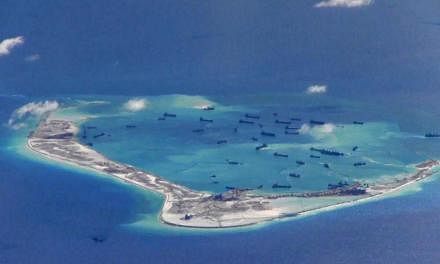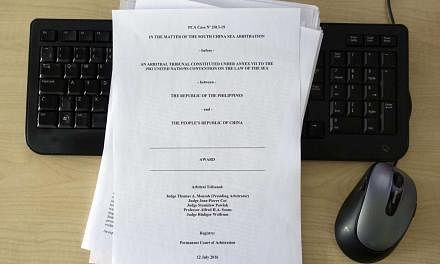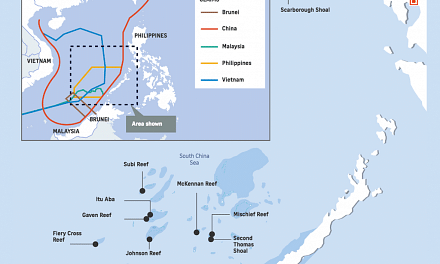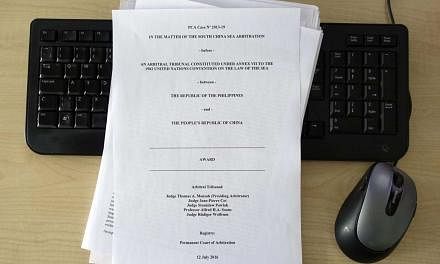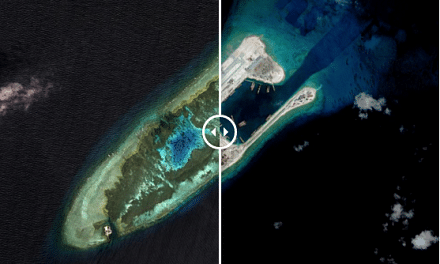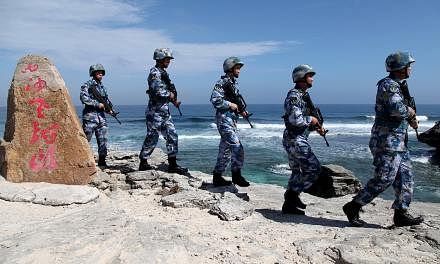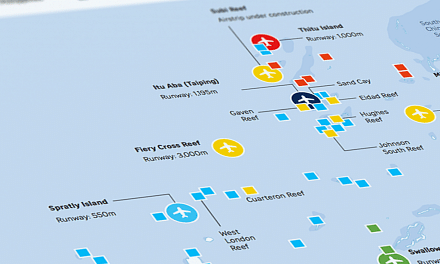The Arbitral Tribunal ruling on the Philippines' case against China's expansive claims in the South China Sea has narrowed the scope of other disputes in the contested waters and could incentivise states with rival claims to work towards joint development, legal analysts have said.
"On the South China Sea issue, the award has clarified the various aspects of the disputes and, as a result, the scope of the disputes has been narrowed down and the overlapping areas are now limited to only 12 nautical miles from the disputed rocks," said Dr Hao Duy Phan, a senior research fellow at the Centre for International Law of the National University of Singapore. He was speaking on Tuesday's ruling at a forum organised by the centre.
"It will affect their negotiation strategy and direction. There will be more incentives for them to engage in negotiation on joint development cooperation or management in the newly defined overlapping areas," the international law expert said, adding that there was also a better chance for the states to work towards better management of the disputes.
China, the Philippines, Vietnam, Malaysia, Brunei and Taiwan have overlapping claims in the South China Sea. The tribunal found that all features in the Spratly archipelago could not sustain human habitation and economic life, and so are not entitled to a 200-nautical mile exclusive economic zone within which resources can be used. At most, they would be entitled to a 12-nautical mile territorial sea.
Also on the subject of how the ruling affected other states, Professor Robert Beckman, who heads the Ocean Law and Policy Programme at the centre, said: "Other states elsewhere need to bring their claims in line with the Convention as interpreted by the tribunal, especially if they want to criticise China." He was referring to the United Nations Convention on the Law of the Sea on which the ruling was based.
As for China's discredited nine-dash line claim to nearly all of the South China Sea, Prof Beckman said it will not and does not have to withdraw it. "It's still relevant because it illustrates islands it claims sovereignty over," he said.


